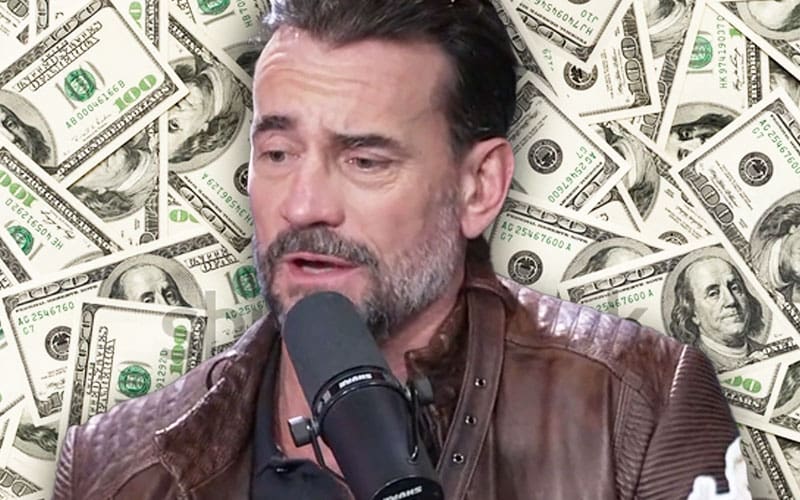CM Punk is pulling back the curtain on how WWE paychecks have changed since the TKO merger — and according to him, the new system is nothing like the old one.
In a conversation with Brandon Walker, Punk laid out exactly how the merger reshaped wrestler pay, what he used to earn, and why the new structure is affecting ambition in the locker room.
Before WWE and UFC merged into TKO in 2023, holding a championship or working the main event wasn’t just about status — it directly affected Punk’s wallet. He explained that he used to be financially motivated to push for top billing because the bigger the crowd, the bigger the payout. Putting it in his own words, Punk said:
“The thing with the title too is also—it meant you made more money. That does not exist anymore. It’s good and bad. Like, we all make more money now, which is thumbs up. But my paycheck was always predicated on how many people were in the building. So I was driven towards ticket sales and the business of it. And when you’re in the main events, you got paid more money.”
Now, the landscape is completely different. WWE talent are mostly on guaranteed contracts, which means main events don’t bring in extra cash the way they used to. Everyone earns more overall, but Punk believes something important gets lost when pay is no longer tied to performance or position on the card. He explained how that shift affects mindset and hunger:
“Now everyone’s just kind of on salary. So I think that’s good and bad. It’s good for the boys, but also… I feel there’s not the same ambition. I always wanted to be in the main event because it got me more money. And now, I think—now, I don’t care if I’m the opening match because I’m still going to make the same. And I can shower and watch the show now.”
WWE’s minimum salary under TKO reportedly sits at $350,000 a year for main roster talent — solid security for any performer. But there have been downsides too, including reduced royalty checks for past talent, something Kevin Nash publicly pointed out earlier this year.
Punk’s comments give the clearest picture yet of what the merger means behind the scenes: more financial stability, but less incentive for talent to claw their way into the spotlight the way he once did. Whether that shift helps or hurts the product long-term is something fans — and wrestlers — will continue to debate.
What’s your take on WWE’s new pay system? Do guaranteed contracts help the roster, or do they kill the competitive drive? Drop your thoughts in the comments and let us know how you think it impacts WWE today.
Please credit Ringside News if you use the above transcript in your publication.
November 19, 2025 2:54 pm
